
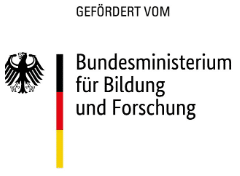
In order to reuse purified wastewater, so-called clear water, for agricultural irrigation or water in intensive freshwater aquaculture, it must be disinfected. In this project, UVPHON, the UV LED-based process technology for wastewater disinfection is to be innovatively and sustainably adapted, optimised and further developed into a demonstrator as a preliminary stage of a market-ready system.
To date, UV LED technology has primarily been used in drinking water treatment as a point-of-use application, as excessive turbidity and the associated UV absorption on the water matrix of purified wastewater can reduce its effectiveness and therefore make its use uneconomical. This limitation is to be eliminated through the development of an optimised reactor design, the additional treatment step of filtration, the combination of UV LED disinfection with photooxidation, and intelligent process monitoring and control using online sensor technology. With the further development of the control system and the combination of treatment steps, the previous limitations in the application are eliminated and the safe and cost-efficient reuse of wastewater, e.g. for the irrigation of vegetable cultivation areas and in recirculating aquaculture, is made possible. In addition, UV LED technology offers advantages in terms of periodic operation (no warm-up time), greater robustness, longer service life of LEDs with higher wavelengths compared to other UV radiation sources.
UV LED technology has great potential to become more important worldwide in the reuse of more complex water, such as purified wastewater, under the future conditions of climate change and resource conservation. However, the prerequisite is to solve the technological challenges and increase the cost efficiency for the treatment of turbid water.
In this project, UVPHON, the UV LED-based process technology for wastewater disinfection is to be innovatively and sustainably adapted, optimised and further developed into a demonstrator as a preliminary stage of a market-ready system.
The efficiency of the process is to be improved through the development of an optimised reactor design, the additional treatment step of filtration, the combination of UV-LED disinfection with photooxidation, and intelligent process monitoring and control using online sensor technology. The further development of the control system and the combination of treatment steps will eliminate the previous limitations in the application and enable the safe and cost-efficient reuse of wastewater, e.g. for the irrigation of vegetable crops and in recirculating aquaculture.
Combination of filter fleece made of round needled natural materials with UVC LED and photocatalysis.
HYDROTEC GmbH
HydroTec Gesellschaft für ökologische Verfahrenstechnik mbH
Roland-Dorschner-Strasse 5
95100 SELB
The research here is tough.


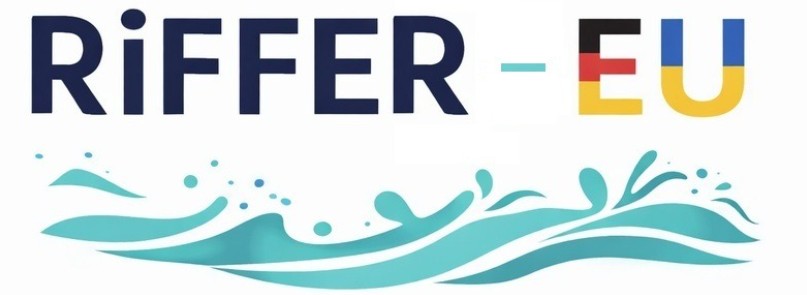

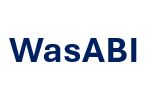
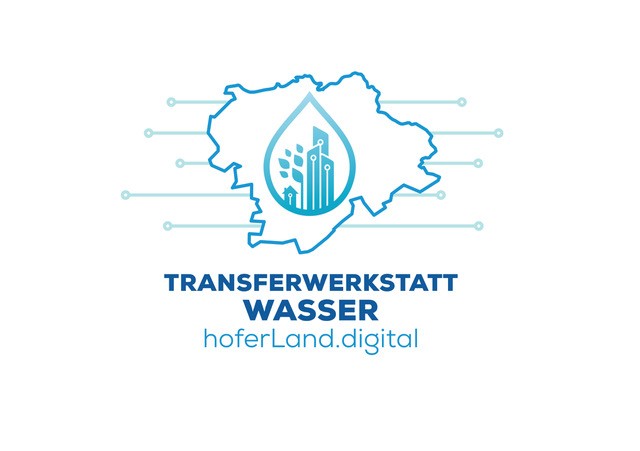
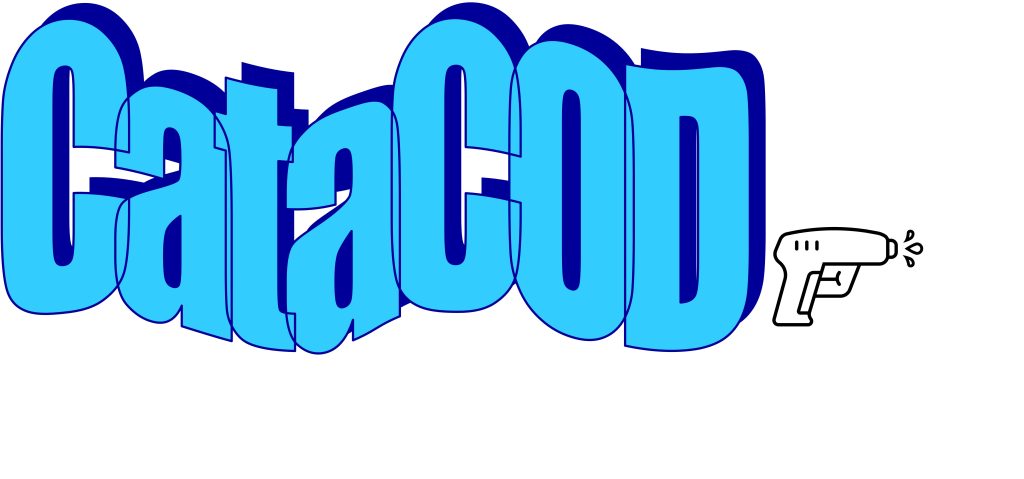



News about the inwa and its events.